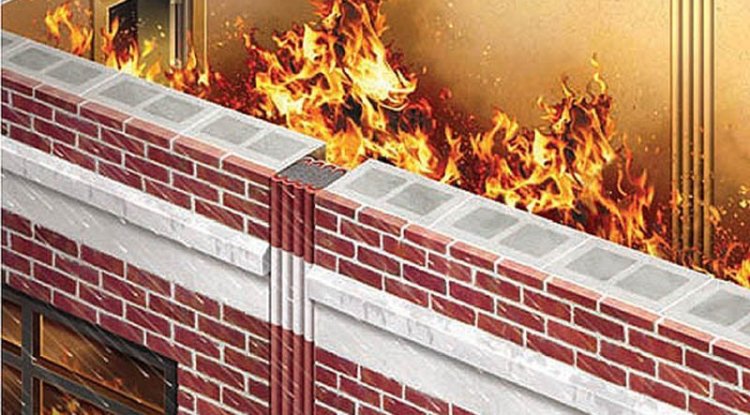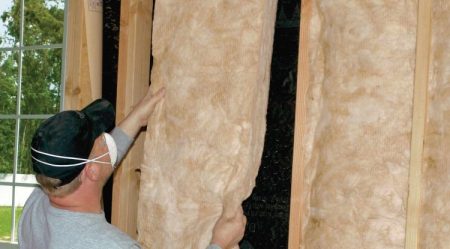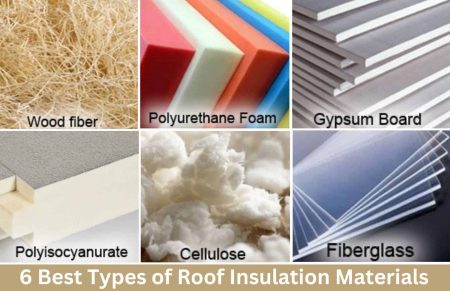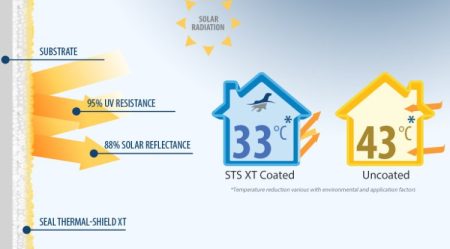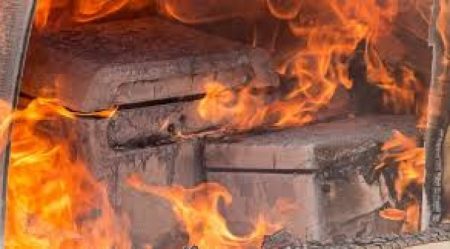Fireproof Insulation: What It Is and How It Works
Contents
Fireproof Insulation: What It Is and How It Works
Introduction
When building a home or commercial property, it’s essential to consider fire safety measures. One of these measures is using fireproof insulation. In this article, we’ll explore what fireproof insulation is, how it works, and its benefits.
What is Fireproof Insulation?
Fireproof insulation is a type of insulation material that can withstand high temperatures without catching fire. It’s designed to slow down the spread of flames and reduce the damage caused by fire. Fireproof insulation is typically made from mineral wool, fiberglass, or cellulose materials.
Types of Fireproof Insulation
There are two main types of fireproof insulation: spray foam and batt insulation.
Spray Foam Insulation
Spray foam insulation is a type of insulation that is sprayed onto surfaces in liquid form. It expands and hardens into a solid material that provides excellent insulation and fire protection. Spray foam insulation is ideal for hard-to-reach areas and irregularly shaped surfaces.
Batt Insulation
Batt insulation is the most common type of insulation that is used in homes and commercial properties. It comes in pre-cut panels that are placed between wall studs, floor joists, and roof rafters. Batt insulation is made from mineral wool, fiberglass, or cotton materials.
How Does Fireproof Insulation Work?
Fireproof insulation works by creating a barrier between the heat source and the material it’s trying to protect. The insulation material can absorb heat energy and slow down the transfer of heat. This process reduces the risk of the insulation catching fire and slows down the spread of flames. Fireproof insulation can also prevent the loss of heat and energy, making buildings more energy-efficient.
Benefits of Using Fireproof Insulation
Using fireproof insulation in your home or commercial property has several benefits, including:
Increased Safety
Fireproof insulation can help protect your property and the people inside from the risks of fire. It reduces the spread of flames, slows down the rate of burning, and provides extra time for escape.
Improved Energy Efficiency
Fireproof insulation can help reduce energy loss by providing a barrier that prevents heat transfer. Buildings with proper insulation can save on energy costs and reduce their carbon footprint.
Soundproofing
Fireproof insulation can also provide soundproofing benefits, reducing noise pollution from outside and within the building.
Installation of Fireproof Insulation
Fireproof insulation should always be installed by a professional contractor who has experience working with insulation materials. The installation process involves measuring the area to be insulated, cutting the insulation panels to size, and securing them in place.
Safety Precautions During Installation
During the installation process, it’s essential to take safety precautions, including wearing protective gear, such as gloves and masks, and ensuring proper ventilation.
Conclusion
Fireproof insulation is an essential component in fire safety measures for homes and commercial properties. It provides a barrier between the heat source and materials and reduces the risk of fire damage. Properly installed fireproof insulation also offers energy efficiency and soundproofing benefits, making it an excellent investment for any property owner.
FAQs
Q1. Is fireproof insulation expensive?
A1. Fireproof insulation can be more expensive than traditional insulation materials, but it offers added protection and other benefits that make it worth the investment.
Q2. How long does fireproof insulation last?
A2. Fireproof insulation can last up to 20 years or more if properly installed and maintained.
Q3. Does fireproof insulation require special maintenance?
A3. No, fireproof insulation doesn’t require special maintenance beyond regular cleaning to remove dust and debris.
Q4. Can fireproof insulation be used in all types of buildings?
A4. Yes, fireproof insulation can be used in all types of buildings to improve fire safety and energy efficiency.
Q5. Is fireproof insulation eco-friendly?
A5. Fireproof insulation is eco-friendly as it can reduce energy waste and carbon emissions. However, some insulation materials may contain chemicals that are harmful to the environment. It’s essential to choose eco-friendly insulation options whenever possible.

